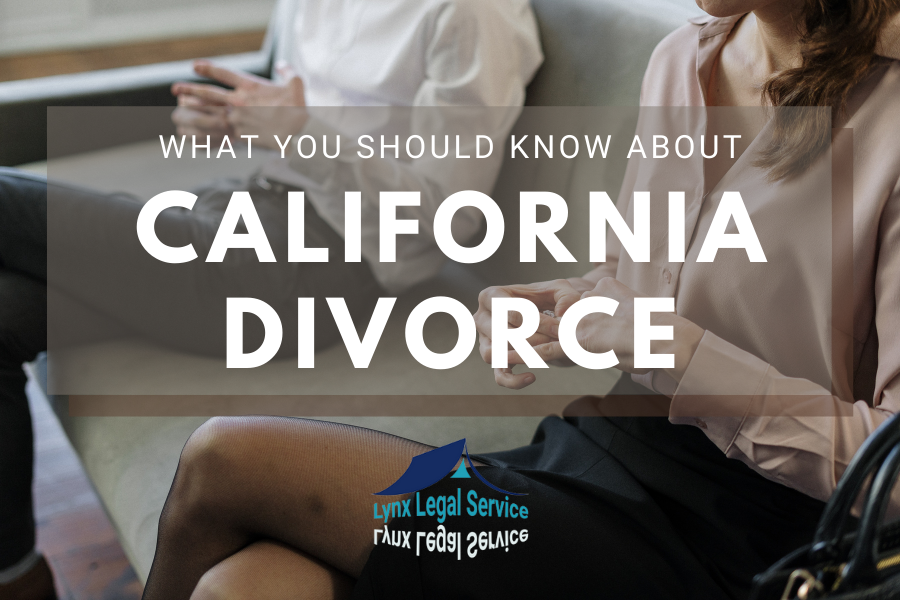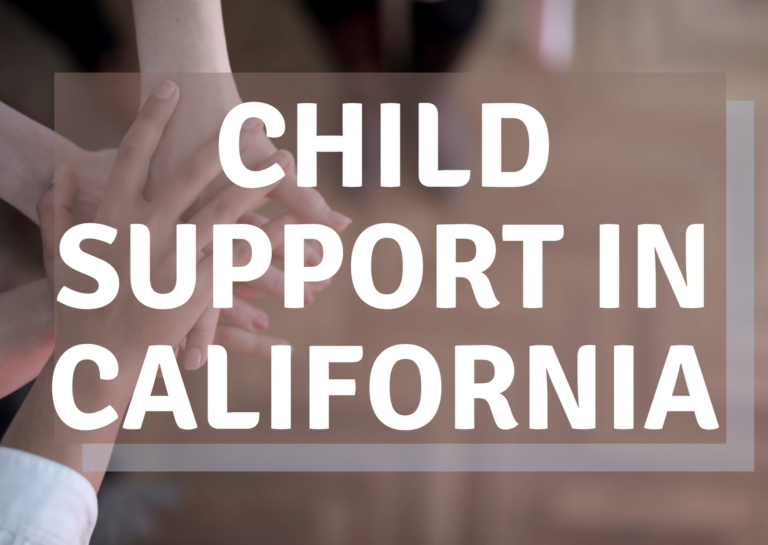Involved in a California Divorce? Here’s What You Should Know

If you are involved in a California divorce, it is important to understand your property rights. Specifically, you should ensure your divorce ends with a fair and equal property settlement under California’s community property law. Once you know how to properly divide your assets, you should find your divorce a little less painful and easier to complete.
California Divorce Entitlements: Property
For purposes of a California divorce, any property you acquire before you get married, during your marriage by a gift or will or after the date of legal separation is considered “separate property” and will remain legally your property after the divorce proceeding concludes.
On the other hand, any property, debt or income earned by a married person while married and before legal separation is community property. California law requires community estates to be shared equally among divorced spouses unless otherwise agreed to by the parties. For example, if the spouse obtains a diploma or professional license during the marriage period, the community may qualify for reimbursement for the cost of obtaining that degree. That cost may include tuition, fees and books.
Other examples of community property include the following property acquired during marriage:
- House
- Car
- Furniture
- Clothing
- Bank accounts and cash
- Pension plans and retirement accounts
- Business
- Patents
- Debt
California law considers homes acquired during the marriage period the property of the community. Therefore, California spouses divorcing must determine how they will equally share residences in the community. When distributing community assets and liabilities, the net worth of each spouse’s share should be equal unless otherwise agreed by the parties. Consequently, one spouse may be given the family residence, and the other awarded other community property, provided they are of equal value.
Like residences, retirement and pension benefits obtained or funded during the marriage will usually be divided equally between spouses at the time of divorce. To divide retirement plans, a divorcing couple must prepare a qualified domestic relations order. The court will retain jurisdiction to oversee the distribution of the retirement plans. First, under a jurisdictional reservation, a court may order that when the working spouse retires, the other must receive a percentage of each pension check. This percentage is calculated by dividing the number of years the spouse lived in a marriage or partnership by the total number of years the employed spouse was involved in the plan. Conversely, under the withdrawal method or computational evaluation, the court will determine the “present value” of the community portion of the pension program. After the money is withdrawn, the working spouse can receive full retirement plans. Then, the other spouse will receive other community assets of equal total value.

California Divorce Entitlements: Spousal Support
When you get divorced in California, you may be able to receive spousal support. A spousal support order requires one spouse or partner to pay the other a specific amount each month. In determining whether support should be given to the spouse, the judge will consider several factors, such as:
- Length of the marriage
- Domestic violence
- Age and health of both parties
- Supporting spouse’s ability to pay
- Tax consequences
- Goal of self-support
Let Lynx Legal Service Help With Your California Divorce
At Lynx Legal Service, we can help you file for and complete a divorce at a fraction of the cost of an attorney. Feel free to contact us for more information at 888-441-2355 or email our intake and order form to us at info@lynxlegal.com. One of our paralegals will be in touch ASAP.
